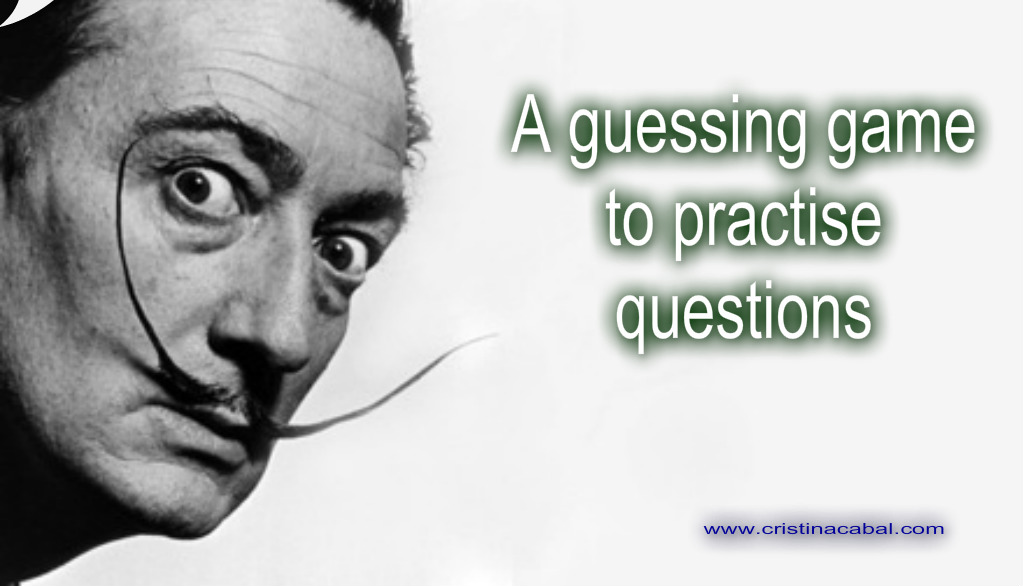Are you in the mood for a game?
Lots of learners find it difficult to ask questions in English and these little particles called “auxiliaries” are the ones to blame; hard to believe that such tiny things cause so much trouble, but the fact that students need to remember when and how to use them– or not to use them- makes it difficult even for some advanced learner to feel confident when asking questions in English.
Based on the classic game show “What’s my line?”, this game aims at improving students’ ability to ask yes/no questions in English, something most learners find difficult.

“What’s my line?” is a guessing game in which four panellists attempt to determine the occupation or the identity of a guest by asking only yes-no questions.
Rules based on the game and adapted to the classroom.
- Divide the class in groups of five people. Four students are going to be the panellists and ask the questions (either to guess the identity of the famous person or the occupation), and the fifth student is going to answer their questions playing his given role. If you decide to play the variant of guessing a famous person’s identity, I would suggest having a list of famous people and letting the student choose who he wants to be.
- A student (panellist) chosen by the teacher would begin the game. If his question elicits a “yes” answer, he continues questioning. When a question is answered “no”, questioning passes to the next student.
- Students have the option of passing to the next and they can also request a conference, in which they have a short time to openly discuss ideas about occupations or lines of questioning.
- To increase the probability of affirmative answers, students can phrase questions in the negative starting with “Can I rule out…?”
- When after some intense questioning a student thinks he knows the identity or profession of the mysterious guest, he can say so and become the mysterious guest for the next round.
Before the game begins, play the video of the game where Salvador Dali is the mysterious guest.
Akinator, the Web Genie. Just as I was about to publish this post, I remembered that some time ago I used to ask my elementary students to play an online game that never failed to surprise me and that my students used to love. I recommeded it because it gave them practice to understand questions in English. I checked and it is still working. The name is Akinator and he’s a genie. It goes like this: you think of a prominent person, celebrity or fictional character. Akinator will ask you up to twenty quetions and he’ll guess the person you have in mind. Check it out!

Hi Andreea
Yes, Salvador Dalí always loved being on the spotlight and he’s great in the show, even if he’s only saying yes or no.
There are lots of variants of this game. One that works really well and that I have used tons of times is asking yes/no questions in the past to guess the identity of a deceased celebrity.
Thanks for your kind comment!
Cristina, I absolutely loved the idea of including the video of Salvadar Dali as an illustration of what they must do. I’ve done 20 questions and a lot of variations on this game, but I’ve never done this one.
Thank you!
Hi Carlos
I don’t really see the point of blindfolding students for this game as they are only going to be pretending to be famous people, but of course if you think it might be an added bonus to the game, just go fot it and let me know how it went.
Thanks for your comment!
Hello, thank you for your ideas regarding this activity . I may have missed the part where Ss -students- must be blindfolded, or I am guessing it does not have to necessarily be so.
Thank you!